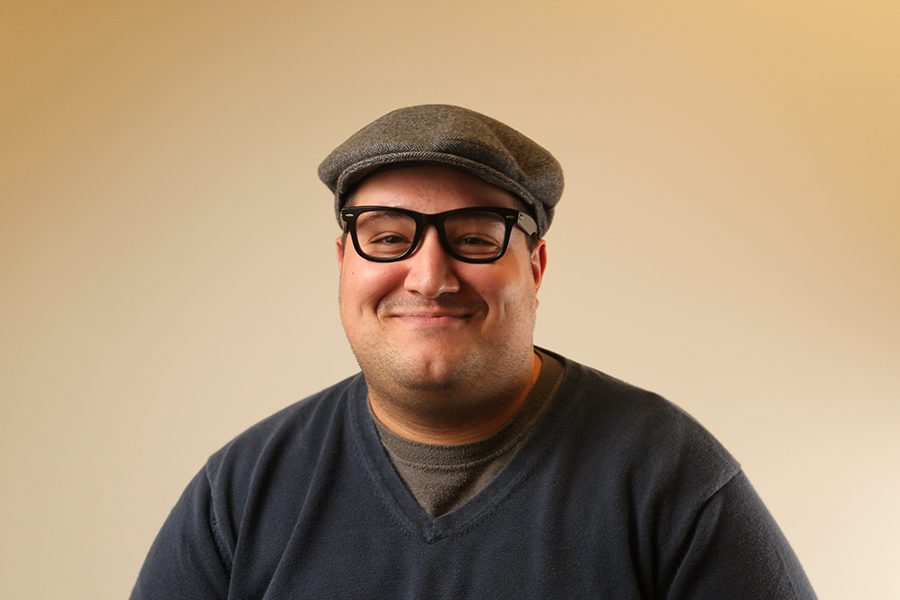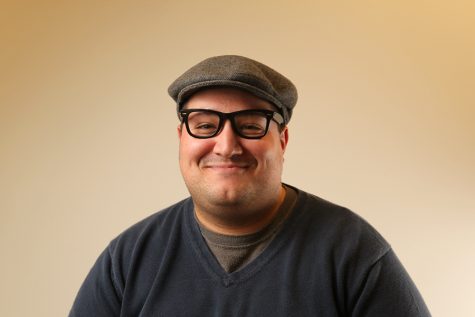Medicating children equivalent to abuse
Feb 7, 2017
The number of times that a parent or pediatrician has recommended that my son be medicated or analyzed during the short amount of time he has spent on this earth is terrifying.
I see a happy child running around the living room at 10 p.m. as his parents talk with their guests.
Others see something entirely different.
“Have you thought about giving your son some cough medicine to help him sleep? Whenever our daughter gets like that we give her a few sips and down she goes.”
This is the type of advice that I have heard from other parents as my son developed into a rambunctious 2-year-old.
Pediatrician Shan Yin wrote in the “Journal of Pediatrics” that “drugging children with over-the-counter or prescription medications can have unintended consequences.”
Yin said, “Anytime you’re giving medication for any purpose other than what it’s explicitly prescribed for, you run the risk of harming your child.”
The sad reality is that we do not need a doctor to tell us this.
We know what each medication is prescribed for and we know that we should use them as directed.
So why do parents seem to forget that when it comes to their children?
From 2000 through 2008, Yin found 1,439 cases of children dying or being seriously injured from being drugged. More than half of these cases involved sedatives.
Parents usually turn to these extreme methods when they are feeling overwhelmed by their children or when they just need some “me time.”
The problem with drugging your child to sleep so that you can sit on your couch and watch Netflix without them is that the child might not wake up from his cough syrup induced slumber.
In 2005, a daycare owner in Montana was convicted of killing a 1-year-old after giving the child a fatal dose of cough syrup to help the child get to sleep.
Situations like these often garner national attention, but what about all the families that get away with this type of behavior?
I have been asked many times if I have taken my son to a doctor to see if he suffers from Attention Deficit Hyperactivity Disorder —ADHD.
After speaking to a few parents, many mentioned hearing the same question from their own family members.
We all agreed — why are we looking for reasons to medicate our children?
In 2003, ADHD affected about 7 percent of children in the Unites States.
As of 2011, approximately 11 percent of children in America had been diagnosed with ADHD.
As the number of kids with ADHD rises, so has the cost of the medication.
From 2005 to 2009 the sales of behavioral medication jumped from $3 billion to $5.9 billion, annually.
Kids all develop and grow in different ways and it is wrong for us to hold every child to uniform standards when every child is unique.
If parents put more time aside to spend with their children, we wouldn’t have such a high number of kids doped up on unneeded medication.
Parents know their kids better than anyone else.
If you have taken the time to get to know your child, then you know when something is wrong with them.
Before we start turning to drugs and psychiatric evaluations, we should give our children the opportunity to just be children.
Medication should only be given to children when they are sick and the medicine is specifically prescribed to them.
Reggie Santini is the spotlight editor of The Advocate. Contact him at [email protected].



